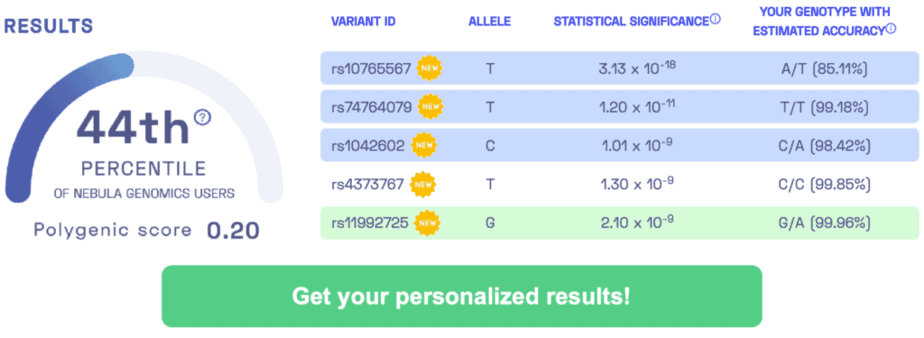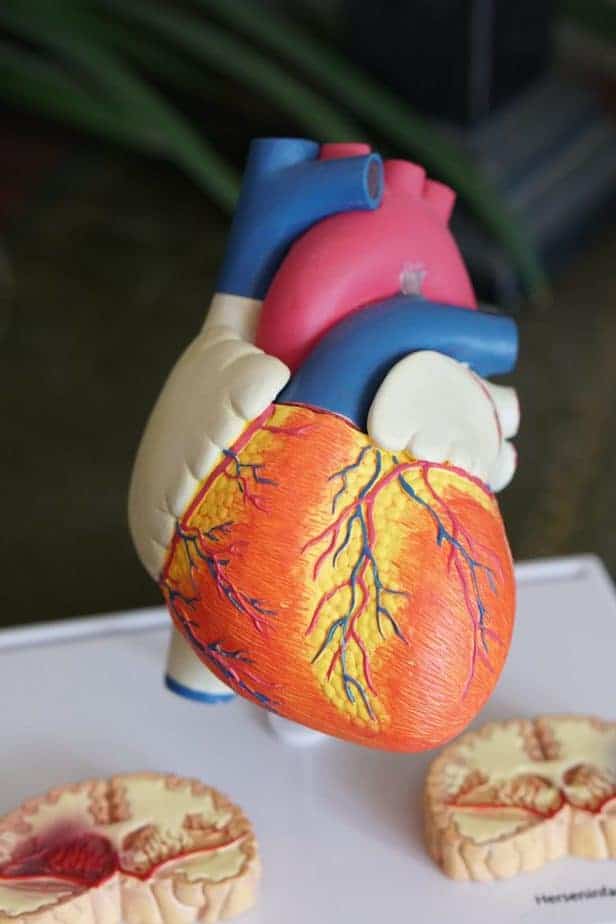SUMMARY: Identification of 3 genetic variants associated with Brugada syndrome, a rare heart disorder.
OVERVIEW: A healthy heart pumps blood with a regular rhythm that forms our “heartbeat”. This rhythm allows blood to flow into the heart before being successfully pumped back out into the body. When the heart has an abnormal rhythm, known as arrhythmia, the heart does not pump blood as effectively which can impair the blood and oxygen supply of the body. Brugada syndrome, is a type of arrhythmia that can lead to fainting, difficulty breathing, and sudden death. To identify genetic risk factors for Brugada syndrome, this study analyzed nearly 1,500 individuals of European ancestry and found 3 variants that appear to be associated with Brugada syndrome. Two of these variants occur in genes (SCN5A and SCN10A) responsible for moving sodium in and out of cells, a process that is important for the heart’s pumping action. The third identified variant is located in the HEY2 genes which is believed to play an important for the development of the heart.
DID YOU KNOW? Healthy lifestyle choices can help prevent the development of arrhythmias. These can include adopting a low-fat diet rich in fruits and vegetables, limiting the consumption of caffeine, and avoiding stressful situations. [SOURCE]
SAMPLE RESULTS: Learn more about the Nebula Research Library.

VARIANTS ASSOCIATED WITH BRUGADA SYNDROME: rs10428132, rs9388451, rs11708996
ADDITIONAL RESOURCES:
The heart (Video)
Arrhythima
Brugada Syndrome
WEEKLY UPDATE: November 16, 2019
